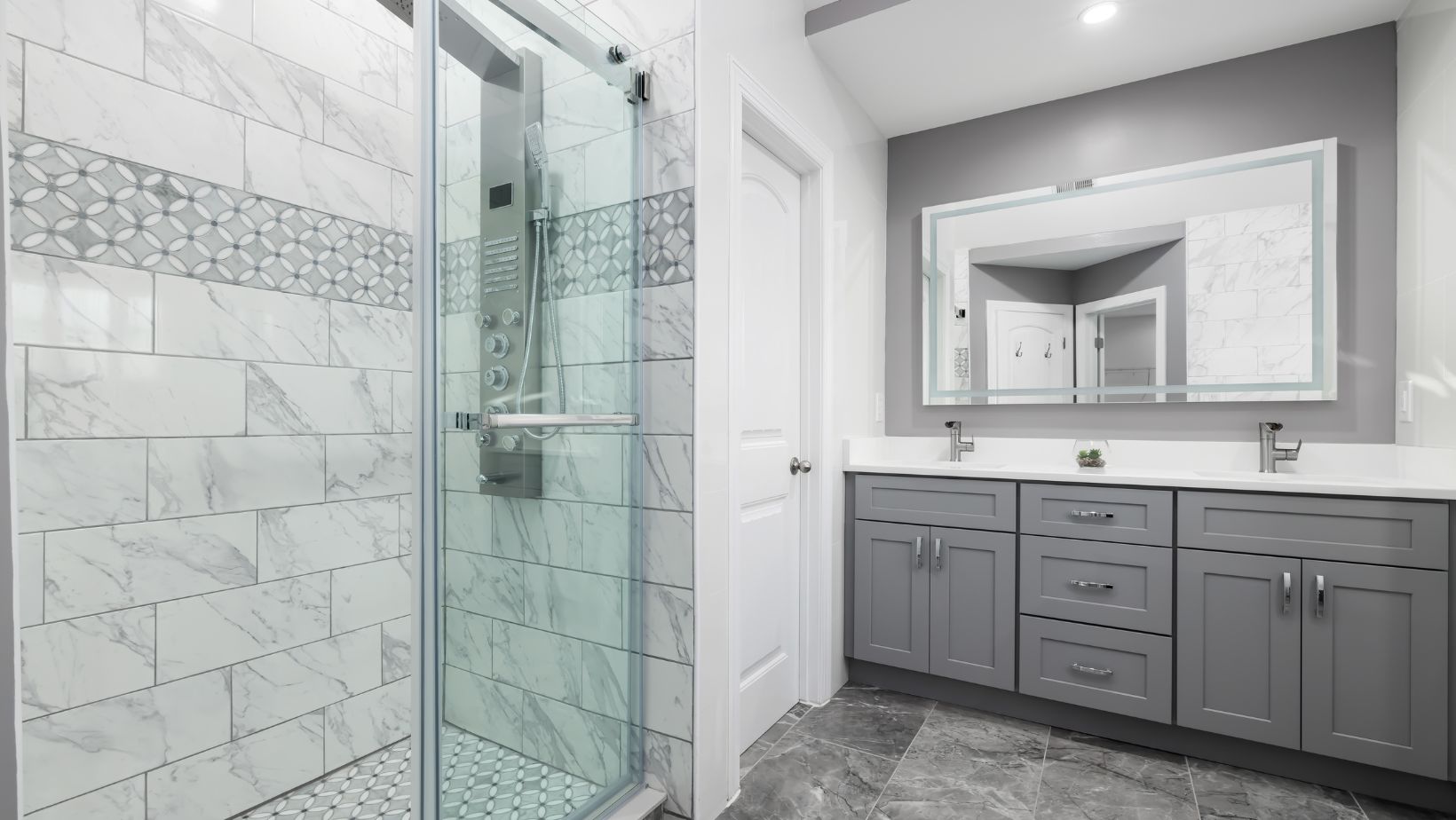Choosing the right shower door is an essential decision that impacts both the functionality and aesthetics of your bathroom. With a variety of styles, materials, and sizes to choose from, the process can feel overwhelming. Yet, understanding a few key factors can guide you toward the perfect choice for your space.
Understand Your Bathroom Layout
Before diving into the specifics, it’s essential to assess your bathroom’s layout. Measure the available space carefully, including the height and width of the area designated for the shower. This information will help narrow your options, ensuring that whatever shower door you choose is a fitting size.
Additionally, consider the placement of plumbing fixtures and nearby elements, such as sinks or toilets. A well-planned layout can enhance the overall flow of the room, making it more functional and visually appealing.
Types of Shower Doors
When exploring options, you’ll encounter several types of shower doors, including:
• Bi-Fold Doors: Great for small bathrooms, these doors fold inwards and take up minimal space when open.
• Sliding Doors: Ideal for larger showers, sliding doors glide along a track and require no clearance outside the shower space.
• Hinged Doors: Offering a more traditional look, hinged doors swing outward and can be placed almost anywhere, provided there’s enough space in front.
• Frameless Doors: Sleek and modern, frameless doors provide an unobstructed view of your shower. These often enhance the natural light in your bathroom and create an illusion of a larger space.

For a broader selection, you might want to explore a custom shower door collection. Custom options can be tailored to your space, offering beautifully designed solutions for unique layouts or personal preferences.
Material Matters
The material of your shower door not only affects its look but also its durability. Here are a few common materials with their pros and cons:
• Glass: This is the most popular choice. Tempered glass is strong, easy to clean, and resistant to mildew. It’s also available in various thicknesses, with options for frosted or patterned designs.
• Acrylic and PVC: These materials are lightweight and affordable. However, they may not be as durable as glass and can scratch more easily. That said, they are often available in various colours and styles.
• Aluminium Frames: If you choose a framed door, the material of the frame can also vary. Aluminium is lightweight and resistant to corrosion, but it can look less elegant than other options.
When deciding on materials, consider not only how they’ll look but also how they’ll fit with your lifestyle. For instance, if you have children or elderly family members, prioritising safety and ease of use could be crucial.
Aesthetic Considerations
The design of your shower door should align with the overall theme of your bathroom. Whether you’re aiming for a chic, modern vibe or a more traditional look, there are styles that will complement your aesthetic:
• Minimalist Style: Frameless doors work well with minimalist design, allowing for clean lines and unobstructed views.
• Rustic Charm: Consider using brushed nickel or bronze frames to add character and warmth to a country-style bathroom.
• Vintage Feel: Antique finishes and grid patterns can evoke a timeless elegance, perfect for period-style bathrooms.
Don’t overlook the importance of accessories such as handles and hinges. These details can further enhance the style and usability of your shower door.
Installation Considerations
While it may be tempting to install your shower door yourself, expert installation can safeguard against future issues. The proper fit and sealing are crucial to preventing leaks and ensuring longevity. Hiring professionals also ensures the installation process considers factors specific to your bathroom’s layout, including flooring and wall finishes.
Furthermore, it’s essential to consider local building regulations and safety standards. If you’re opting for glass options, ensure they are safety-rated to avoid any potential hazards.
Maintenance and Care
The practicality of your shower door extends beyond its initial installation; ongoing maintenance is key to preserving its look and function. Regular cleaning helps prevent soap scum and mildew buildup, which can damage the surface over time.
For glass doors, using a squeegee after each use can make a significant difference in maintaining clarity. Choose cleaning solutions that won’t damage the finish, especially if you have treated glass. For framed doors, pay extra attention to the hinges and tracks, ensuring they remain free from debris.
Budgeting and Value
The cost of shower doors can vary widely, influenced by factors such as size, material, and design. It’s advisable to set a budget early in the process. Keep in mind that higher-quality doors often provide better longevity and aesthetics, which can be cost-effective in the long run.
Balancing your aesthetic aspirations with practical needs can help you make a choice that feels right. It’s worth considering how your shower door fits into the bigger picture of your home value—well-designed, high-quality accessories can enhance appeal during resale.
Conclusion
Selecting the right shower door involves understanding your space, needs, and personal style. By considering layout, materials, aesthetics, and maintenance, you can make an informed decision that enhances the beauty and function of your bathroom. Don’t hesitate to explore custom options, which can offer tailored solutions to meet your specific requirements. Ultimately, the right shower door will not only complement your style but also elevate your daily self-care routine into a truly enjoyable experience.


More Stories
Alexousa104: A Comprehensive Overview
Compact Gadgets for Small Apartments: When Every Square Meter Counts
Why DIY Drying Can Make Water Damage Worse